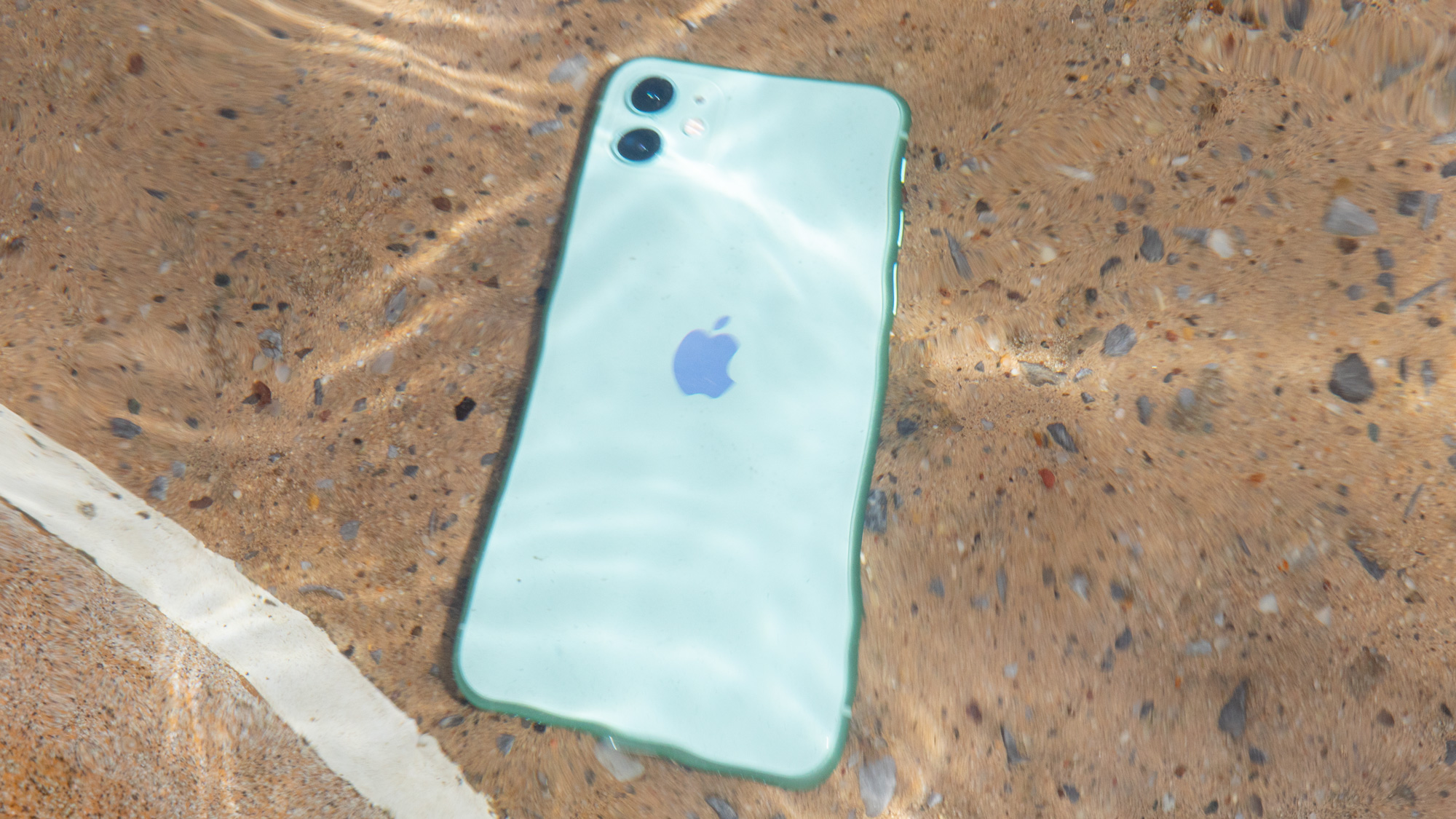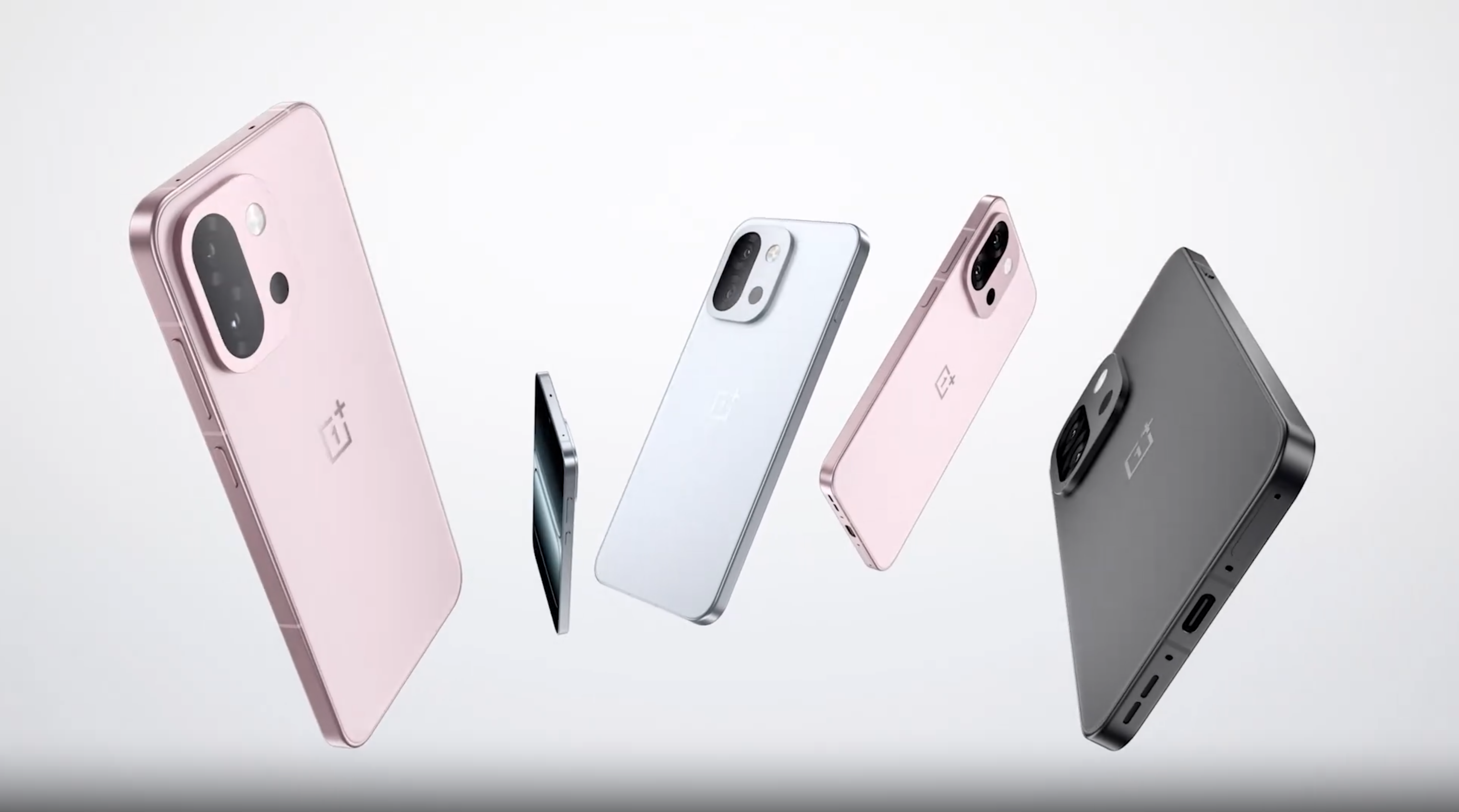Apple sued over iPhone water resistance — what this means for you
Apple faces a class-action lawsuit over claims it overstated the iPhone's water-resistant abilities in its marketing

Apple is being sued over claims it misrepresented the iPhone's water-resistance in its marketing.
The class-action lawsuit, which has been filed in the U.S. District Court for the Southern District of New York, claims Apple overstated the iPhone’s water resistance capabilities, and takes issue with the firm's refusal to cover water damage in its warranty.
- Everything we now about the iPhone 13
- Apple event recap: iPad Pro, new iMac, AirTags, and more
- Plus: Apple VR headset: Here's how Apple can think different
iPhones have had varying degrees of water resistance for several years. The iPhone 7 was the first to include the feature, and the current iPhone 12 has an IP68 rating that Apple says equates to it being water resistant for a "maximum depth of 6 metres up to 30 minutes."
According to the suit, the iPhone’s IP water resistance rating is “insufficiently qualified by fine print disclaimers.” Those disclaimers are that testing is done with pure water, rather than a pool of salt/sea water. According to the suit, “This means that consumers who stand at the edge of a pool or ocean and whose devices are splashed or temporarily immersed, will be denied coverage, because the water contained chlorine or salt.”
Admittedly, Apple does specify in the fine print for the iPhone 12 that it was "tested under controlled laboratory conditions." It also goes on to say that "Splash, water and dust resistance are not permanent conditions and resistance might decrease as a result of normal wear."
The suit also claims that Apple recommends users rinse areas of their iPhones that have been in contact with common liquids. The claim is that this could introduce more liquid into the system and cause the phone’s water damage indicator to turn red, with Apple then allegedly able to use this as an excuse to deny coverage.
It is worth pointing out at this stage that Apple doesn’t cover water damage in its standard one year warranty; you need to purchase Apple Care Plus if you want any accidental water exposure to be included.
Sign up to get the BEST of Tom's Guide direct to your inbox.
Get instant access to breaking news, the hottest reviews, great deals and helpful tips.
Few, if any, phone companies actually do cover that under warranty, even with IP water resistance ratings. That’s the point of this lawsuit, since Apple is — according to the suit — happy to boast about the effectiveness of its water resistance rating while also refusing to deal with cases where it may have failed.
In this case the plaintiff, Antoinette Smith of Bronx County, claims that her iPhone 8 experienced water contact “consistent with the IP rating of her device and consistent with how the water-resistant attributes were presented in the marketing and advertising of the device." Apple then denied her warranty coverage based on the liquid damage, it is claimed.
This forced the plaintiff to “incur financial loss through repair costs, decreased functionality, a lower re-sale value, and/or purchase of a new device."
The lawsuit has been listed as being made “on behalf of all other similarly situated.” Or at least those in New York, since the suit alleges Apple broke the New York General Business Law’s Consumer Protection Statute. It also hopes that by demanding a jury trial, Apple will be forced to correct its marketing, and offer a number of reliefs granted by the court.
It’s not the first time iPhone water resistance claims have been criticised, either. AppleInsider points out that the Italian Antitrust Authority fined Apple €10 million (around $12 million) over its water resistance claims, at the same as the tech giant was refusing to cover warranty by liquid damage.
Even if the suit is successful, it's not clear how the result would affect other consumers: the lawsuit has been filed in New York, and specifically cites New York consumer protection laws. But it could open the way for similar cases in other states or countries, and it could be a step towards phone companies being held accountable for claims made in their marketing.
- More: The best iPhones: Which iPhone should you buy?

Tom is the Tom's Guide's UK Phones Editor, tackling the latest smartphone news and vocally expressing his opinions about upcoming features or changes. It's long way from his days as editor of Gizmodo UK, when pretty much everything was on the table. He’s usually found trying to squeeze another giant Lego set onto the shelf, draining very large cups of coffee, or complaining about how terrible his Smart TV is.
